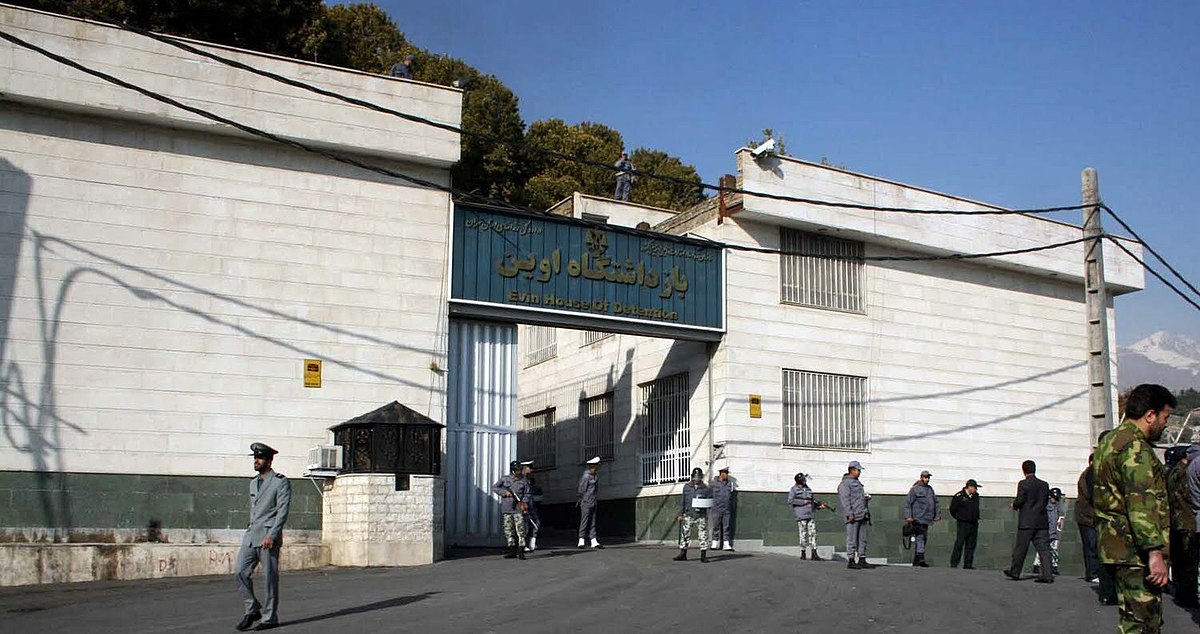Cecilia Sala, an Italian journalist detained since December 19, remains in solitary confinement at Tehran’s Evin Prison, a facility infamous for holding political dissidents, journalists, and foreign nationals. Established in 1972, Evin has long been a tool of oppression, initially under the Shah’s regime and later as a symbol of the Islamic Republic’s authoritarian rule. With its overcrowded cells and inhumane conditions, Evin has become a notorious site for human rights violations, marked by reports of torture, unsanitary environments, and psychological abuse.
Sala’s detention comes amid a grim legacy of suffering. Previous detainees, such as Anoosheh Ashoori and Nizar Zakka, described isolation cells with constant lighting, unsanitary blankets, and an absence of basic necessities, often resulting in severe physical and mental distress. Alessia Piperno, another Italian held at Evin in 2022, recounted appalling conditions: prisoners slept on the floor, endured limited access to air and water, and were subjected to the relentless cries of tortured inmates. Piperno’s experience mirrored broader accounts of repression, particularly during crackdowns on protests, such as those following Mahsa Amini’s death in custody.
Evin’s history is riddled with high-profile cases of detained activists, journalists, and cultural figures. Nobel Peace Prize laureate Narges Mohammadi, Swedish-Iranian scientist Ahmadreza Djalali, and filmmakers like Jafar Panahi are among those who have faced its harsh confines. The prison remains a focal point of international concern, with organizations repeatedly denouncing its role in perpetuating systemic human rights abuses under Iran’s theocratic regime. Sala’s detention has now placed a renewed spotlight on Evin, as Italy and the global community advocate for her release.

